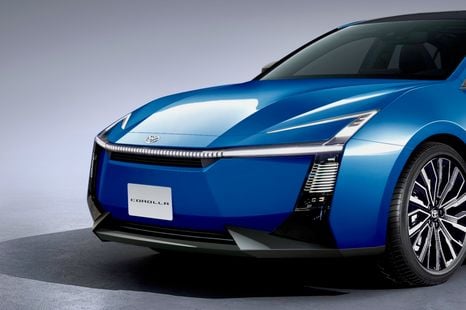

Ben Zachariah
2027 Toyota Corolla: What we know about the next-generation small car
5 Hours Ago
With the National Electric Vehicle Strategy hogging headlines, there's not a huge automotive focus in the 2023-24 Federal Budget.

Senior Contributor
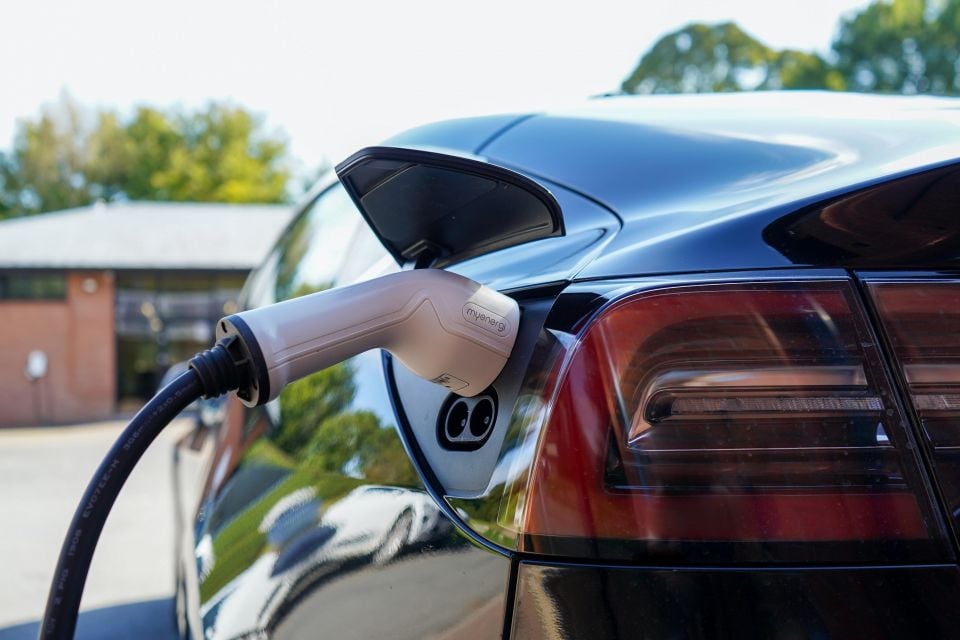

Senior Contributor
The Federal Government handed down the 2023-24 Budget tonight, claiming to offer targeted cost-of-living relief, firm debt management, and reform to Medicare – while forecasting the first surplus in 15 years.
But what’s in there from the perspective of the automotive industry, aside from pledges to improve household budgets?
With the ink barely dry on the Federal Government’s recent National Electric Vehicle Strategy paper and promised Fuel Efficiency Standard – designed to free up supply of available EVs – the focus was largely on new funding for other parts of the economy.
Unsurprisingly there’s a focus on all things greener energy, with the Budget overview using the phrase “renewable energy superpower” no fewer than eight times when referring to its view of Australia’s economic direction.
The Government has set aside $20.9 million over five years from 2022–23 for various initiatives including $7.8 million over four years to develop a Transport and Infrastructure Net Zero Roadmap and Action Plan, which is sure to be glossy.
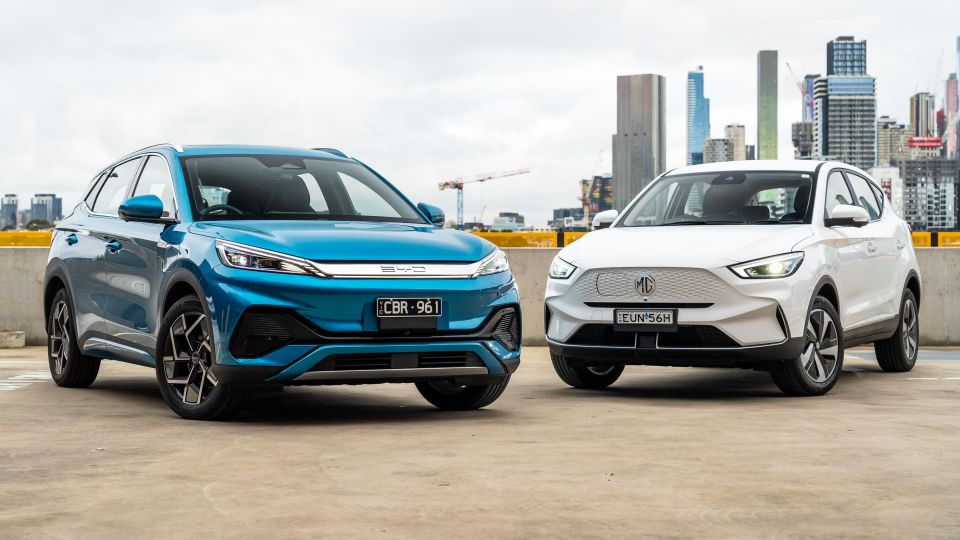
There’s also $7.4 million over four years to develop the long-promised Fuel Efficiency Standards (annual tailpipe CO2 caps on car brands), and another $5.2 million over four years for the development of a national charging infrastructure mapping tool, plus safety guidance and training for emergency service workers.
This funding will also support research on retrofitting existing multi-residential buildings with electric vehicle charging infrastructure, and potential for a large format battery recycling, reuse and stewardship initiative in Australia.
There’s also mention of additional funding of $21.8 million over three years from 2023–24 to improve the capability of Australia’s National Greenhouse Accounts to publish better emissions data and track progress against emissions reduction targets.
We should note the government already offers various costlier support programs such as fringe-benefits tax exemptions for EVs under $85,000.
While battery EVs currently dominate hydrogen fuel-cell cars in the sales race, the government has put $2 billion into a Hydrogen Headstart plan to accelerate large-scale renewable hydrogen projects – music to the ears of Toyota and Hyundai no doubt.

Federal Government road transport expenses (primarily consisting of grants provided under the Infrastructure Investment Program) are estimated to be around $10.4b in 2023-24.
New measures include $43.6 million over four years from 2022–23 for a new National Road Safety Action Grants Program to “support community education and awareness, vulnerable road users, First Nations road safety, technology, innovation and research”.
The Budget also allocates a further $18.9 million over three years, it says, to procure road safety data and evaluate projects, as well as $16.5 million over five years from 2023–24 for ANCAP’s testing regime.
There’s a further $1.8 billion allocated over 10 years including $500 million for the Roads to Recovery Program, $350 million for national road network maintenance, $110 million for the Black Spot Program, $85 million for the Bridges Renewal Program, and $362 million for infrastructure projects in NSW including safety upgrades on the Bells Line of Road.
The Government will also increase the Heavy Vehicle Road User Charge rate from 27.2 cents per litre of diesel to 32.4 cents per litre in 2025–26.
There’s no mention of an extension to the temporary full expensing scheme, but businesses that turn over less than $10 million a year will be eligible for an increased $20,000 instant asset-write off threshold, meaning they can immediately deduct the business portion of the cost.
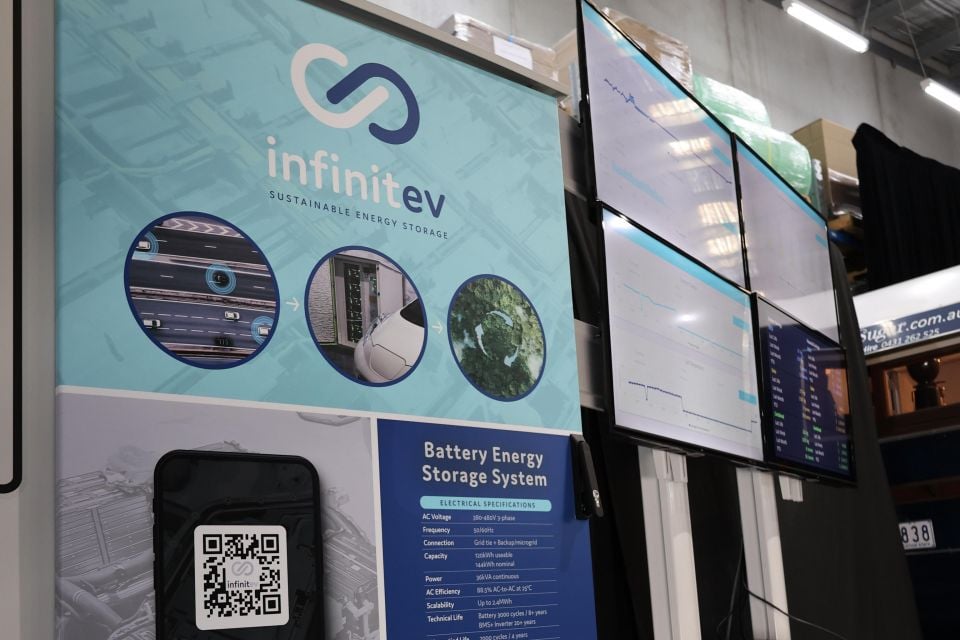
However, given the surfeit of cars available for under 20 grand, we’ll note that assets priced north of $20,000 (which cannot be immediately deducted) are to be placed into a depreciation pool and depreciated at 15 per cent in the first income year, and 30 per cent each income year thereafter.
The Government has allocated $14.8 million over four years to establish the Powering Australia Industry Growth Centre, tasked with developing advanced technology and skills as part of the self-explanatory Australian Made Battery Plan.
It will also provide $80.5 million over four years to support the critical minerals sector to “build diverse and competitive supply chains, attract international investment and transition to net zero”, and put an undetermined sum into the Capacity Investment Scheme to underwrite investment in renewable generation and storage (much needed for EV charging).
There’s also $392.4 million over four years (and $68.2 million per year ongoing) to support Australian small and medium enterprises and startups “to commercialise their ideas and grow their operations”, focused on priority areas of the $15b National Reconstruction Fund which has a focus on the net zero economy.
The Government is also planning to invest $57.1 million to help secure strategic and commercial partnerships with our critical mineral endowments.
“Refinement, manufacturing, processing, reusing, and recycling all present new industry and employment opportunities. For example, large scale uptake and manufacture of batteries will be necessary in the transition to net zero, and Australia has a rich endowment of key input materials including lithium, nickel, cobalt, manganese and graphite,” the Budget paper claims.
“Bolstering Australia’s battery manufacturing capability presents an opportunity to create jobs, contribute to economic growth and diversify geographically concentrated global battery supply chains.”
MORE: Government plans fuel efficiency standards to improve EV supply MORE: The fringe benefits tax exemption for electric cars explained


Ben Zachariah
5 Hours Ago
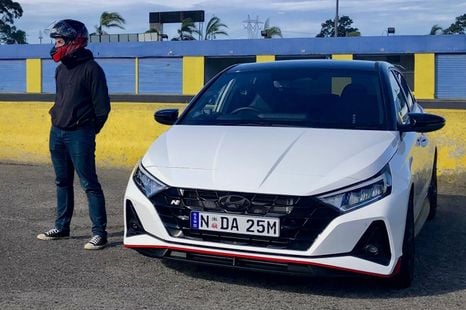

Max Davies
5 Hours Ago
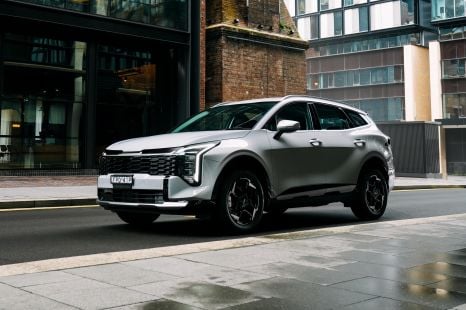

James Wong
5 Hours Ago
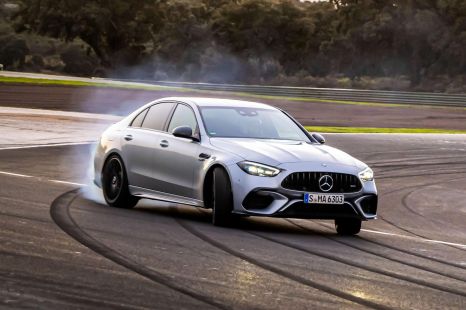

Derek Fung
6 Hours Ago
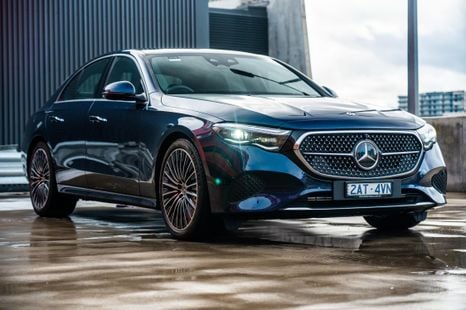

Josh Nevett
13 Hours Ago
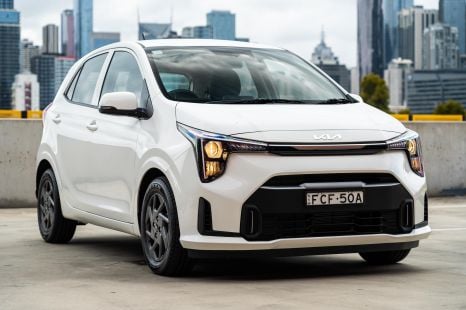

Josh Nevett
1 Day Ago